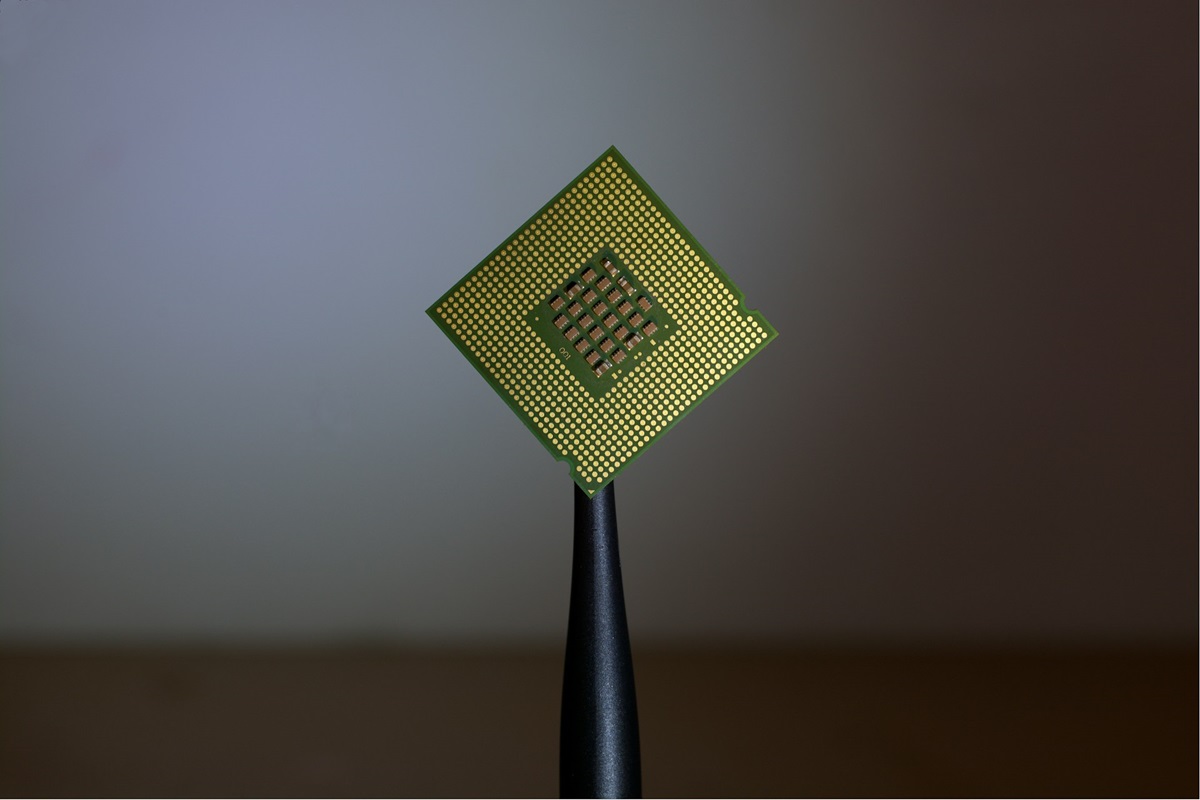The US Commerce Department on Monday, April 8, announced that it would award the local unit Taiwan Semiconductor Manufacturing Co (TSMC) a $6.6 billion subsidy.

The mentioned funds are intended for the development of semiconductor manufacturing in Phoenix, Arizona. It is worth noting that the Commerce Department will also provide the US unit TSMC with up to $5 billion in low-cost government loans.
The Taiwanese manufacturer will also increase its planned investment in the United States by $25 billion, bringing the total amount of financing to $65 billion. The relevant information was published by the US Commerce Department. Moreover, TSMC will build a third plant in Arizona by 2030. At the second factory in the mentioned region, the company will launch the production of advanced 2-nanometer chips. The US Commerce Department informs that this factory will be put into operation in 2028.
US Commerce Secretary Gina Raimondo said that 2-nanometer chips are a kind of basic element for all artificial intelligence. She also noted that the relevant microcircuits belong to the category of necessary components for technologies that are especially important in the context of the prospects and opportunities for economic development of the United States. Separately, Gina Raimondo underlined that advanced chips are needed for the growth of military potential and ensuring national security at a level that corresponds to the historical reality of the 21st century.
TSMC is the world’s largest manufacturer of microcircuits by contract. Initially, the company announced plans to invest $40 billion in the United States. Over time, this amount, as it was above mentioned, increased to $65 billion. The US Commerce Department reports that the company’s first plant in the United States will be operational by the first half of 2025.
TSMC’s $65 billion investment is the largest foreign direct financing into a completely new project in the history of the United States. This was reported by the US Commerce Department.
In 2022, Congress approved the Chips and Science Act. In this case, the goal was to increase semiconductor production in the United States by providing $52.7 billion in government subsidies for research and manufacturing. Also, as part of the relevant initiative, Washington approved loans for $75 billion.
TSMC, as part of its Arizona projects, has committed to supporting the development of advanced packaging capabilities in the context of partnership with the United States. The US Commerce Department also noted that 70% of the company’s clients are American firms.
TSMC CEO C.C. Wei said that this manufacturer will help companies in the United States unleash their innovations and improve opportunities for the introduction of advanced technologies. In this context, the effect of the future operation of the plants of the firm in Arizona was implied.
The US Commerce Department expects that following the commissioning of the factories of the Taiwanese manufacturer, 6,000 jobs will be added in the country. Moreover, about 20,000 more people will be involved in the construction of plants. Besides, the US Commerce Department reported that 14 direct TSMC suppliers plan to construct new or expand existing production facilities in the United States.
The company’s three plants in Arizona, when operating at full capacity, will produce tens of millions of advanced chips for 5G/6G smartphones, vehicles with autonomous driving systems, and data center servers with artificial intelligence. This was reported by the US Commerce Department.
Through its plants in Arizona, TSMC will support major customers such as Apple, Nvidia, Advanced Micro Devices, and Qualcomm. The company will meet customer demand for advanced production facilities. Moreover, the operation of factories in the United States will protect local TSMC clients from the negative impact of disruptions in supply chains, the risks of which have increased significantly against the background of a difficult situation in the space of geopolitical relations. Also, factories in Arizona will allow American companies to improve their competitiveness during a period of rapidly scalable digital transformation.
TSMC said its plants in the United States will aim to achieve a 90 percent water recycling rate. The company has already started the design phase of the water reclamation factory with the aim of almost zero liquid discharge.
Last month, the US Commerce Department announced the provision of grants to Intel for $8.5 billion and loans in the amount of up to $11 billion. These funds are intended to subsidize the production of advanced chips.
It is also currently expected that the US Commerce Department will announce the provision of financing to Samsung Electronics next week. The media published the relevant information with reference to insiders. The US Commerce Department did not respond to a request from reporters for comment on the matter. Samsung also declined to make any statement on the prospects of soon receiving government financial support in the United States.
As we have reported earlier, Samsung to Hike Texas Chip Spending.









